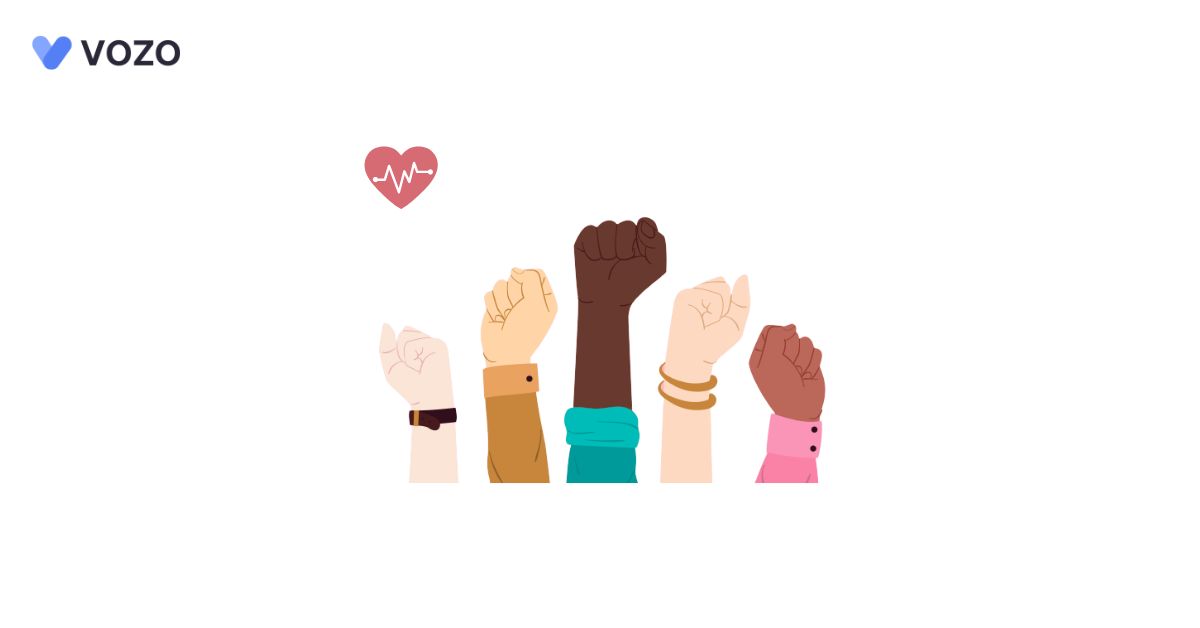Health Inequities: Good or bad? Let’s explore the catastrophes & salvations
Health Equity is a well-known topic now. It is a concept where everyone has a just opportunity to receive the highest healthcare or to live up to their highest health potential.
Health inequities should be spoken about. Yes, unfair differences in health do matter and we need a system that produces fair outcomes for all. But is eliminating health inequities the only way to achieve “just healthcare” for all? Let’s find out.
Eliminating Health Iniquities – What does it mean?
Research shows that social determinants of health play significant roles in health inequities within our communities. Like access to quality health care, education, social integration, food, housing, wealth, and employment.
People in communities with less or no access to these factors are at great risk of not only poor health outcomes but poor life outcomes. Communicating these social determinants is an essential part of healthcare. It is important to work with health influencers to make our communities healthier, stronger, and safer for everyone. This is how we can concentrate on improving the factors and eliminating health inequalities.
Do health inequities really affect us? – Yes, let’s face it
Framing like “eliminating health inequities” itself conflicts with the realities of racism.
American Public Health Association past-president Camara Jones, MD, MPH, Ph.D., “Racism is a system of structuring opportunity and assigning value based on the social interpretation of how one looks (which is what we call ‘race’), that unfairly disadvantages some individuals and communities, unfairly advantages other individuals and communities, and saps the strength of the whole society through the waste of human resources.”
The notion that racism “saps the strength of the whole society through the waste of human resources” means that not even the most advantaged groups in society can live up to their full potential within racist and oppressive systems. We are all harmed by structural racism.
Racial inequality also costs everyone economically. The National Equity Atlas calculates how much money is lost due to racial inequities in income by location in the United States. For example, when racial equity is realized in Asheville, North Carolina, the region would reap nearly $1 billion in economic productivity that is lost due to racial inequity – without anyone losing economic or social status.
“Eliminating Inequities” – Where does the focus go?
When it comes to eradicating health disparities, usually the language comes to the standards of “Whiteness”. Why? Because Whiteness is still considered to be the higher standard for everything. That itself is an inequity to start with.
In reality, influencers of healthcare when talking about or working on closing the gaps in health outcomes really mean “how we can bring other groups of people to the Whiteness standard?”. Lowering differences between groups involves uplifting them to the White standard. But the standard itself is against critical race theory. This shows that there is a need for community health priorities. One community’s growth should not be always entangled with another group’s outcome through inequity ratios. We can address health disparities without tieing our health priorities to the Whiteness standard.
In the same way, we cannot think about eliminating health inequities because the concept is mathematically ambiguous.
Change the perspective: Focus on transforming
Avoid the terms “reducing inequities or disparities” as they have their narrowness and limitations. Rather use the term “transforming” – this opens up a long-term solution for achieving health equities.
Transforming the systems of inequalities balances social determinants and health outcomes.
WHO, CMS, and others declared that all individuals have a fundamental right to enjoy the highest attainable standard of health. In this current world, a change in systems is required for experiencing the highest standard of health by everyone equally. We should concentrate on how to talk about health equities without talking about inequities.
Final thought
Promoting health equality is what we have to concentrate on and not on eradicating health inequities. Whether it’s health disparities or inequities, both leave us with narrow-minded concept as it drives us to the White standard.
But, health equity or transforming systems of inequalities towards an equal scenario pushes us towards a long-term goal of giving higher care to everyone, equally. Everything depends upon individual-level thinking.
“Let’s work together in transforming the unequal health systems for the greater good”
About the author

With more than 4 years of experience in the dynamic healthcare technology landscape, Sid specializes in crafting compelling content on topics including EHR/EMR, patient portals, healthcare automation, remote patient monitoring, and health information exchange. His expertise lies in translating cutting-edge innovations and intricate topics into engaging narratives that resonate with diverse audiences.













